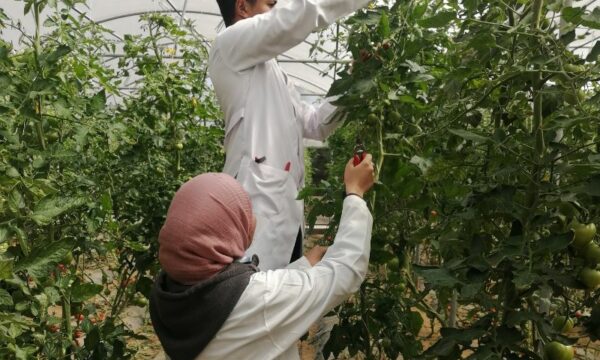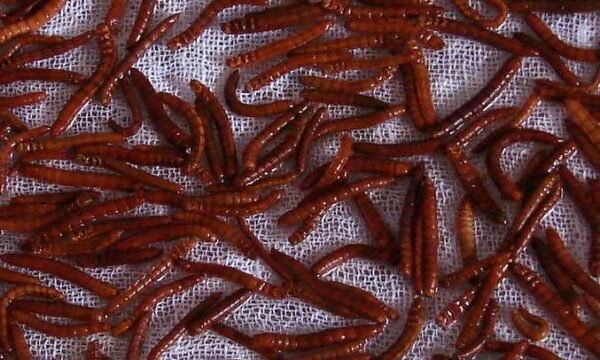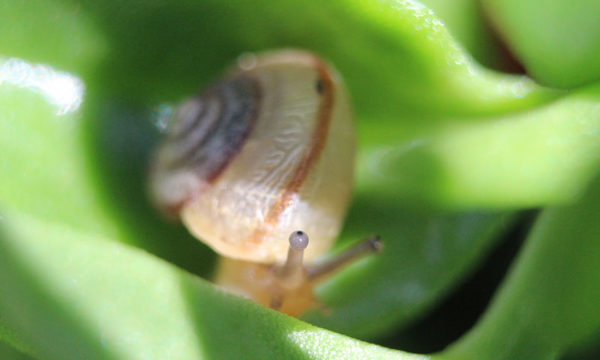 Researchers at Queen’s University, Belfast, have developed a new method to control the parasitic nematodes that devastate banana crops and cause billions of dollars of crop losses annually. It is hoped that this new technology will reduce these losses, boosting the incomes of subsistence farmers in developing countries.
Researchers at Queen’s University, Belfast, have developed a new method to control the parasitic nematodes that devastate banana crops and cause billions of dollars of crop losses annually. It is hoped that this new technology will reduce these losses, boosting the incomes of subsistence farmers in developing countries.
Nematodes are notoriously difficult to control, and the most effective management practices are preventative. Chemical control using nematicides is not recommended for the control of nematodes as these chemicals are often expensive and highly toxic to both humans and the environment.
This new method involves the use of ‘peptide mimics’ – versions of the parasites’ own brain chemistry – to confuse the nematodes and disrupt their behaviour. Research into the development of this technology has just been awarded a Phase II Grand Challenges Exploration grant of $1million from the Bill & Melinda Gates Foundation to be developed in Belfast and proceed to trials on banana and plantain in Kenya.
This month’s Factsheet for Farmers highlights an existing method for the control of nematodes in banana plantations, using nematicidal plants. This was produced by staff from the University of Kinshasa, Republic of Congo, and can be accessed here. This factsheet is also available in French.
Plantwise Factsheets for Farmers are produced by partners in Plantwise countries for use by plant doctors and extension workers who provide advice to farmers. To see more about the content held on the Plantwise knowledge bank, please click here.
Related News & Blogs
How strengthening South Sudan’s plant health system can reduce crop losses
In countries like South Sudan, people feel the effects of climate change with greater intensity. For example, increased crop pest invasions. The fall armyworm (Spodoptera frugiperda) damages key crops like maize and sorghum. And the papaya mealybu…
16 December 2024




